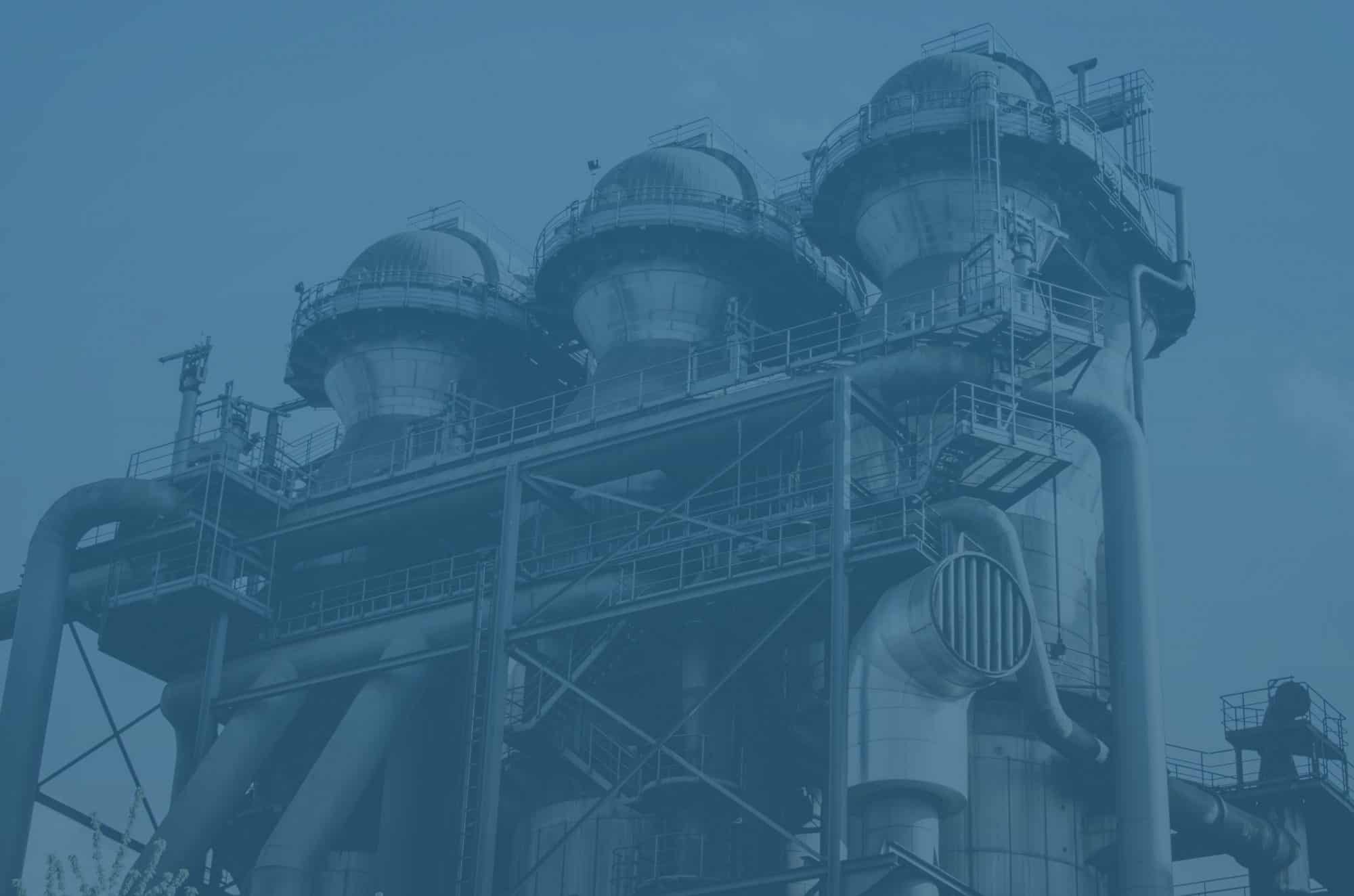The UK has a really interesting history of power generation and consumption. At one point we got the majority of our power from burning coal. Today we get energy from a handful of different sources. The main one is actually natural gas. Surprisingly too, we get around 50% of the gas we use from our own territory. Extracting and refining it can be very noisy though. It may mean producers have to think about ways to reduce the sound. This could be natural gas silencers, attenuation enclosures, absorptive barriers, and other solutions.
Stages
If businesses are looking to reduce noise, it is important to consider the different production stages. The sound level and danger can vary massively here.
Geological/seismic
The initial stage of production is an exploration to find if there are natural gas stores in an area. This requires a lot of geological work. However, noise is largely not an issue at this point. Much of the work can be done digitally far away from the property.
Noise will only become an issue here if seismic testing is necessary. This will require the use of heavy equipment and specialist vehicles. Luckily, it typically only takes a few days to do the tests and it doesn’t get too noisy in most cases.
Drilling
If the first stage determines there is a natural gas field, the next step is to extract it. This requires drilling. Naturally that will be a noisy operation because it requires a massive rig and other pieces of equipment. Depending on the target depth, it could take weeks or months to reach it, even with 24 hour drilling.
While there will definitely be noise here, the drilling is only temporary so measures to reduce it aren’t always necessary. Whether they are required or not can depend on things like the location and potential damage the noise pollution would cause. It may be a good idea to use noise screens and maybe even natural gas silencers for some of the noisiest equipment.
Extraction and production
The final stage once the drilling is complete is to extract the natural gas. Unfortunately, this is the noisiest part of the whole process. The issue here is that you need to treat and compress the gas before you can transport it away through a pipe system. The compression can be very noisy, especially when it is massive stations.
It is very likely that you will need some form of noise reduction here, perhaps even a full suite of measures. Luckily, compressor manufacturers have done a lot of the work in advance. They spend a huge amount to develop equipment that is quieter. Then, you can choose ancillary attenuation equipment to reduce the sound level even further. Finally, you can have other things like enclosures, barriers, and natural gas silencers.
The noise reduction
Extracting and compressing natural gas can cause noise in excess of 115dBA. It can be much louder depending on the size of the operation. These are dangerous levels, so you need to reduce them.
Luckily, the combination of measures can reduce the sound. You could see a drop of 15-20dBA at source quite easily. This can then equate to 75% to 90% perceived audible reduction.
Speak to us and design natural gas silencers
Ventx is the very best silencer expert in the UK. We understand the ins and outs of industrial noise, including the various sources, potential sound paths, and more. In fact, we have a wealth of knowledge in acoustics in general. That means we can provide effective solutions for a variety of needs, including oil and gas.
So, if you ever need natural gas silencers, especially for excessively noisy equipment or pipelines, speak to us. We’ll find a solution for you.









